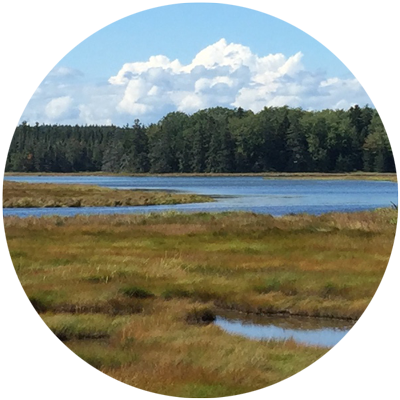Home > Climate News >
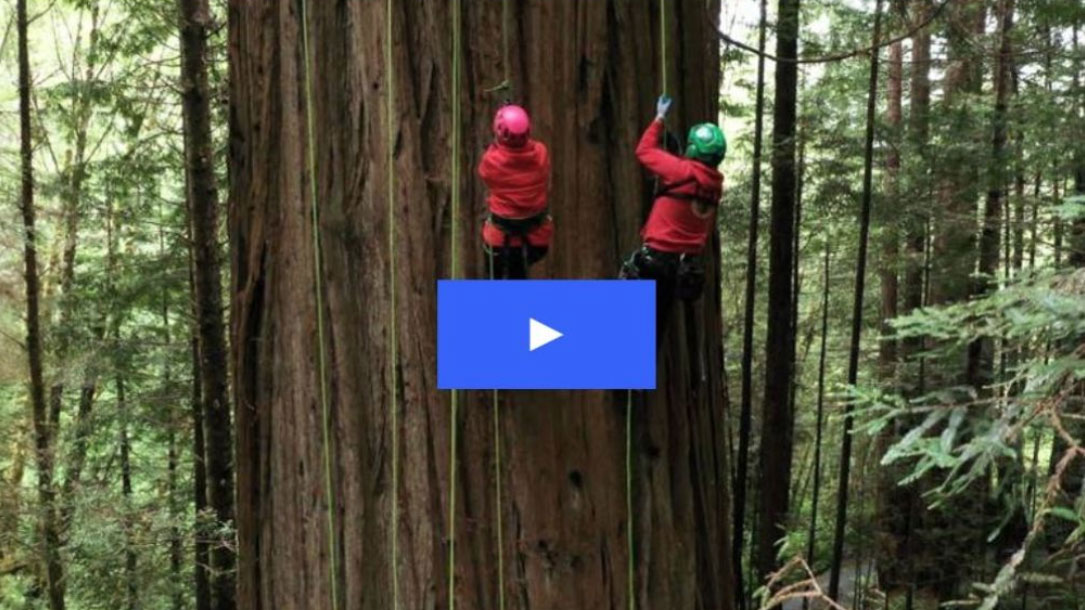
Is a solution to climate change at the top of centuries-old trees? (Part one-video)
This past month, researchers from a UN panel on climate change recommended a simple strategy to help stem climate change: planting trees around the globe. The Milarch family has been doing its part by running Archangel Ancient Tree Archive, where David Milarch and his son Jake collect samples from tall “champion” trees to grow and replant…
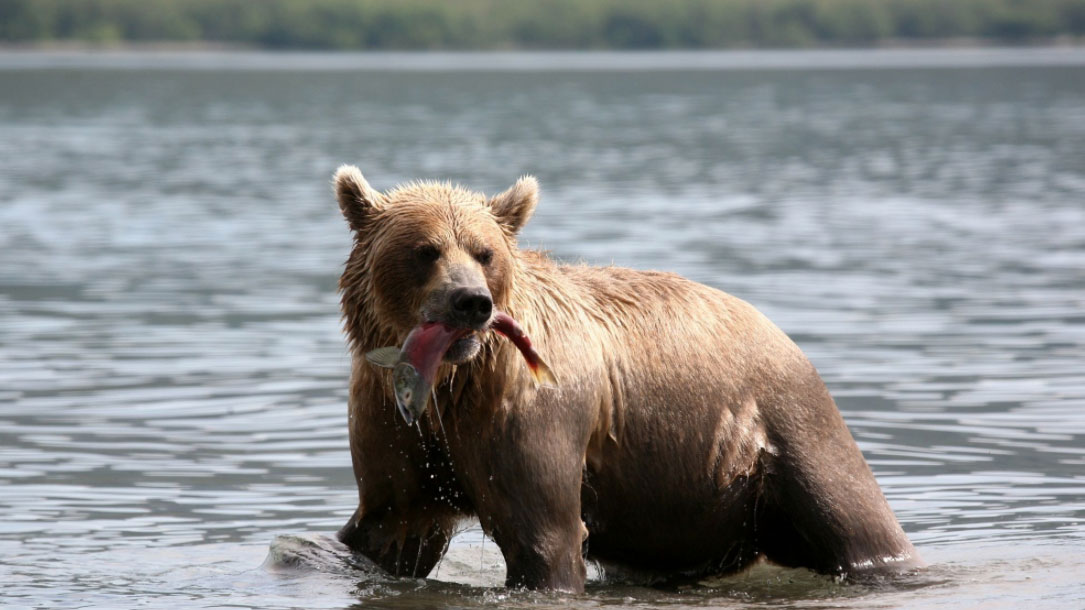
Global warming is pushing Pacific Salmon to the brink, federal scientists warn
The salmon populations that have persisted in Western rivers since the dam-building era have adapted to some water warming, and their sensitivity to climate factors has been incorporated in conservation plans, Crozier said.
But beyond two degrees Celsius of warming (3.6 degrees Fahrenheit) compared to the pre-industrial era, all bets are off, she said, because then the chances increase for significant changes in the ocean that could lead to a catastrophic failure of salmon populations…
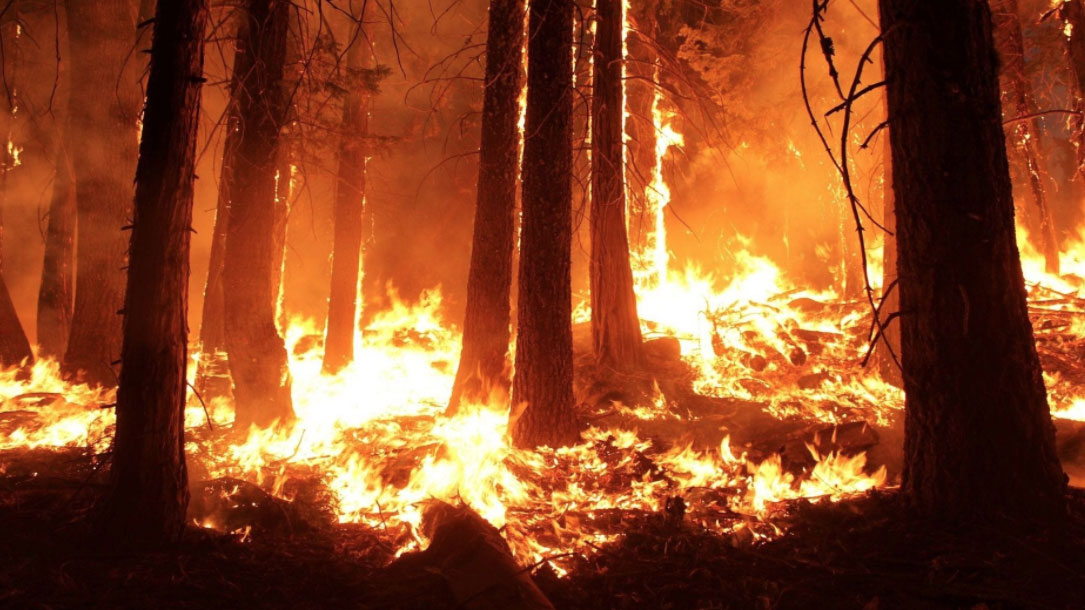
Climate will increasingly determine post-fire tree regeneration success in low-elevation forests, Northern Rockies, USA
Climate change is expected to cause widespread shifts in the distribution and abundance of plant species through direct impacts on mortality, regeneration, and survival. At landscape scales, climate impacts will be strongly mediated by disturbances, such as wildfire, which catalyze shifts in species distributions through widespread mortality and by shaping the post-disturbance environment. We examined the potential for regional shifts in low-elevation tree species in response to wildfire and climate warming in low-elevation, dry mixed-conifer forests of the northern Rocky Mountains, USA.
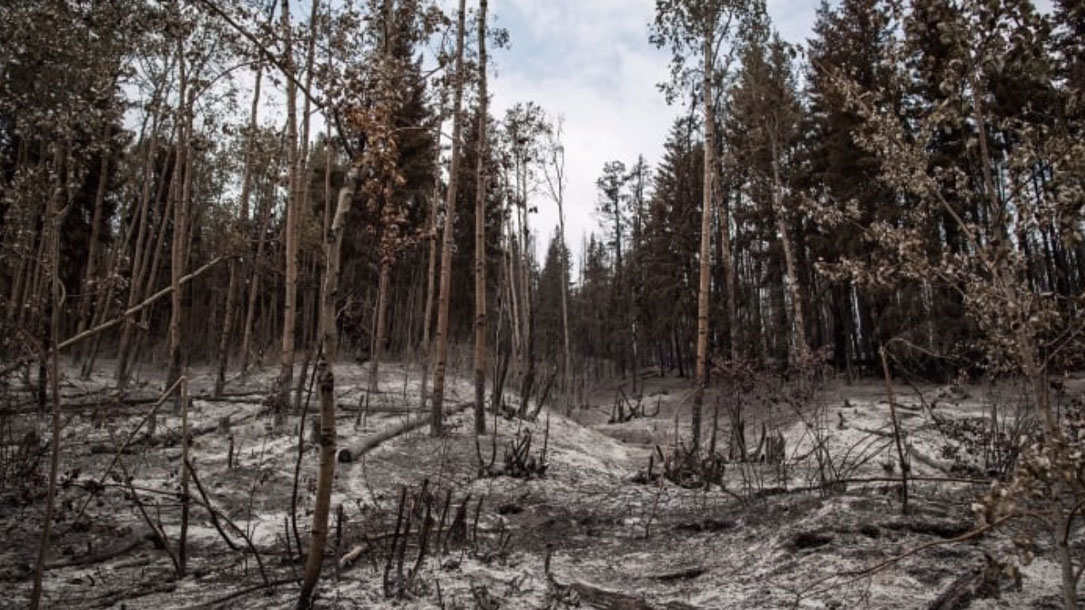
Charred forests not growing back as expected in Pacific Northwest, researchers say
Camille Stevens-Rumann’s research has taken her from the charred forests of America’s Rocky Mountain ranges all the way to the Pacific Northwest, just south of the British Columbia border.
More recently, a 2019 study written by her colleague Kerry Kemp found that both Douglas fir and Ponderosa pine seedlings in Idaho’s Rocky Mountains—just south of B.C.—were also struggling in low-lying burned areas due to warmer temperatures, leading to lower tree densities.
[The] fertility of landscape is inconsistent, as dry heat in some areas has stripped the soil of its ability to support trees…
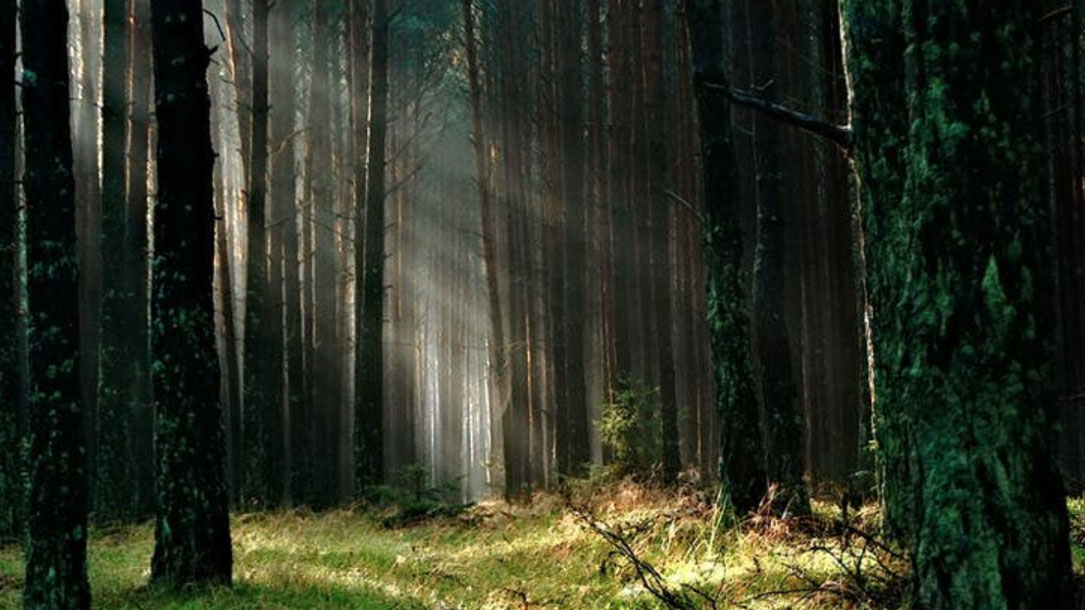
Natural climate solutions could offset 21% of U.S. emissions
“A collection of “low-tech, time-tested forest, farm, and land management techniques” could offset 21% of the United States’ greenhouse gas emissions, InsideClimate News reports, although it would take a carbon price of at least US$100 per ton for those strategies to meet U.S. targets under the 2015 Paris Agreement.
“It’s the same as if every car and truck in the country stopped polluting the climate,” said Joseph Fargione, science director for The Nature Conservancy North America region and lead author of the study published last week in the journal Science Advances. “There’s much bigger potential than most people realize…”
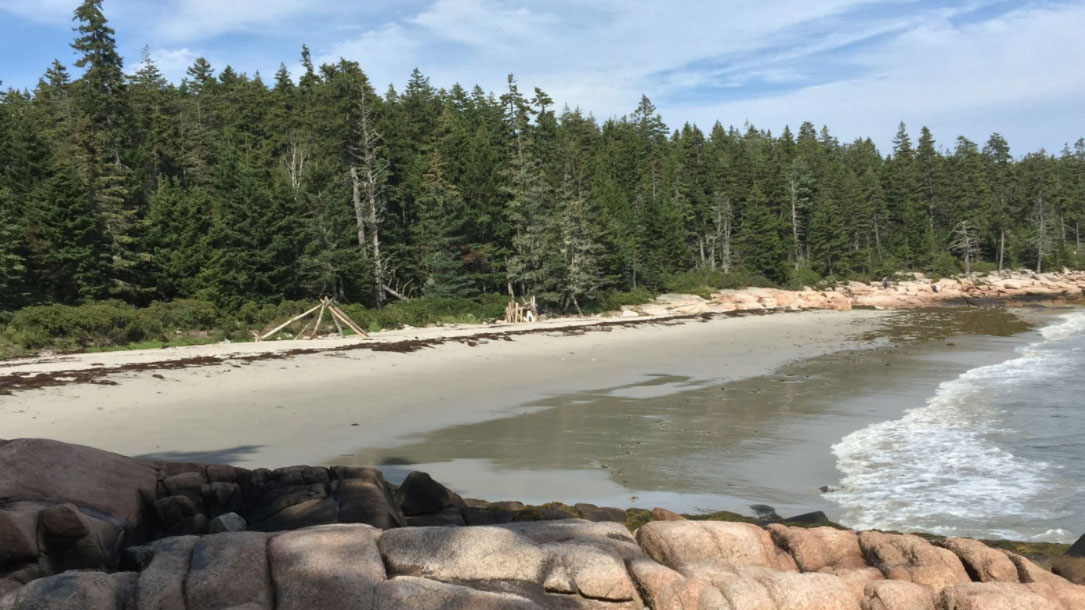
Atlantic Ocean ‘running out of breath’
“A huge international research programme has been launched to assess the health of the Atlantic Ocean.
The iAtlantic project is the biggest ever mounted in the planet’s second largest ocean.
It involves more than 30 partners, funded by the EU, and is being co-ordinated by Edinburgh University.
The scientists will use an array of hi-tech devices, including robot submarines, to scan the deep ocean from the Arctic to South America.
They want to assess the effects of climate change on plants and animals…”
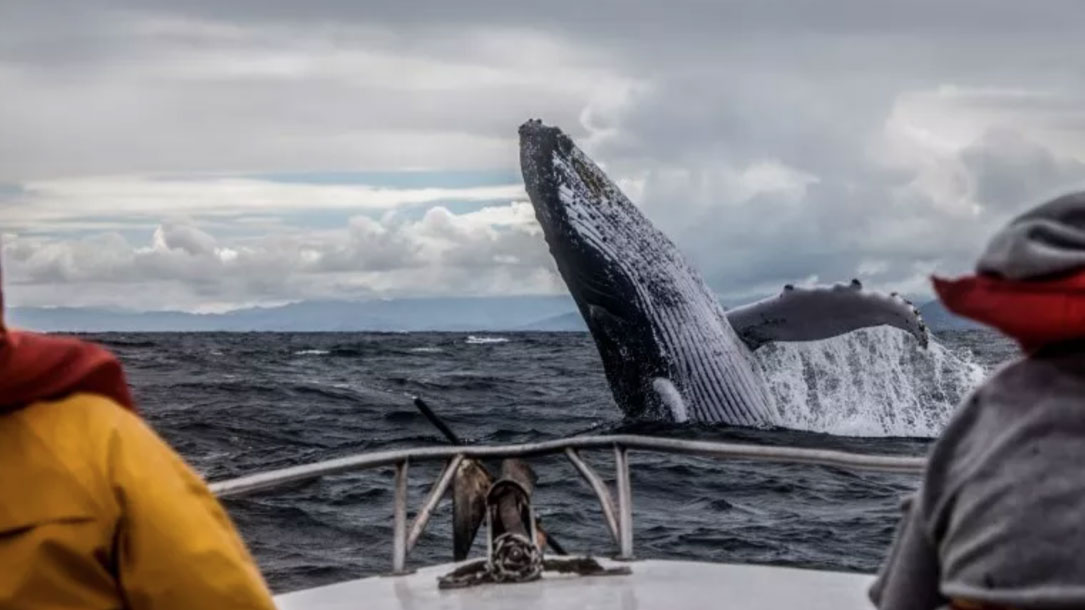
Climate change is choking the Atlantic Ocean to death: ‘It’s losing the oxygen that is vital to life.’
A scientist leading a health check of the Earth’s second largest ocean has warned that the Atlantic could run out of breath.
Over the course of four years, an international team of researchers from countries which border the Atlantic Ocean will investigate how climate change as well as industries such as fishing, mining, and oil and gas extraction affect the expanse of water. They will also look for refuges where animals appear able to survive, BBC News reported…
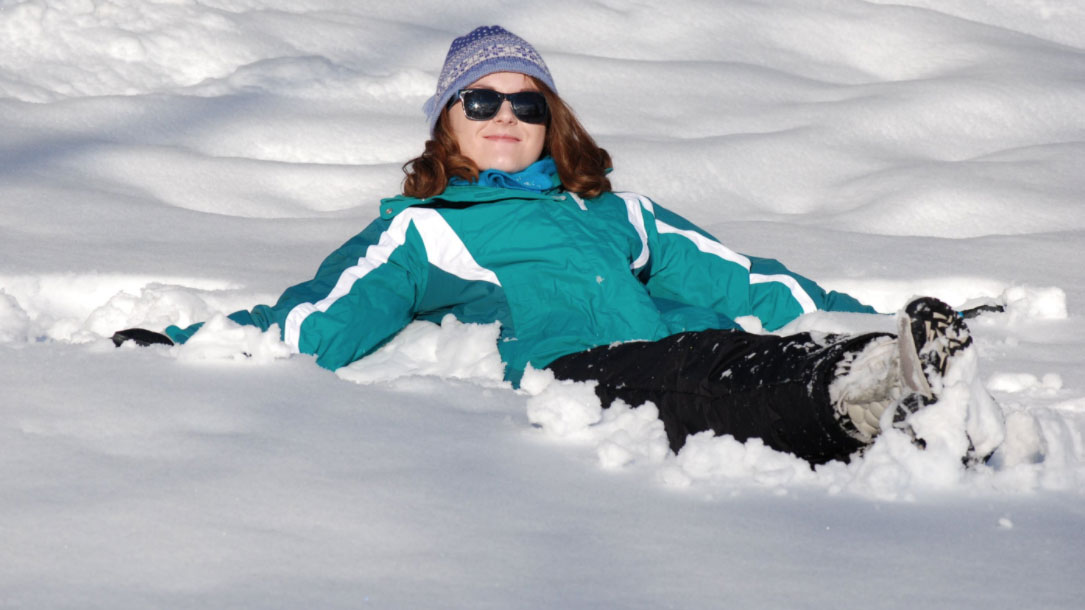
Wet California winter is a boon for skiers and water supply. But it brings a threat: wildfire.
“We’ve gotten really good at putting out fires under all circumstances, except for extreme weather conditions,” said Alan Taylor, a Pennsylvania State University professor of geology and ecology who has found that the historic link between wet winters followed by mild fire seasons no longer exists. “And that is how they are burning in California now.”
The Inyo National Forest’s 1.9 million acres include the Sierra’s pine forests, steep canyons, expansive calderas, and the highest peak in the lower 48 states, Mount Whitney. There is no timber industry in what is the rain shadow formed by the surrounding range.
“We are basically a forest on top of a desert,” said Eric Vane, the U.S. Forest Service’s vegetation planning manager for the northern Inyo…
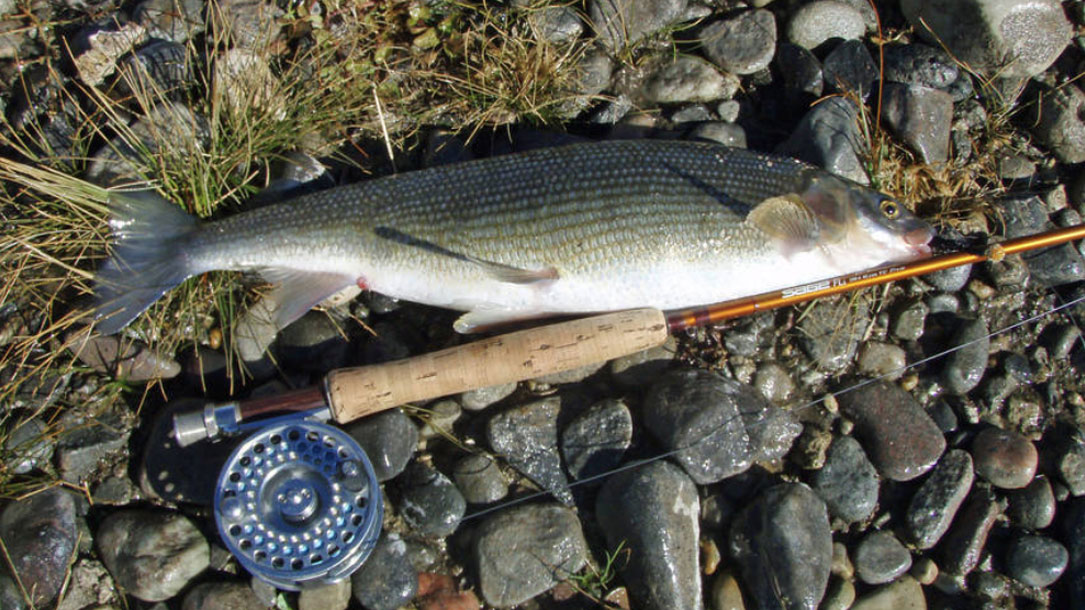
Fish Deaths in Montana’s Yellowstone River Tied to Warming Waters
“An outbreak of fish-killing disease along a 100-mile stretch of the Yellowstone River in Montana may be the latest sign that mountain stream ecosystems are being disrupted by climate change. Scientists point to warmer, slower rivers as a likely cause of the mass fish mortality.
Since Aug. 12, the Montana Department of Fish, Wildlife and Parks has counted 4,000 dead mountain whitefish, along with smaller numbers of rainbow trout, Yellowstone cutthroat, longnose suckers, sculpin and longnose dace. The agency estimate that tens of thousands of fish may be dead and they closed the segment to recreation to reduce impacts to fish. This is happening along a river that’s an economic mainstay for nearby communities and thought of as a relatively healthy, undammed river…”
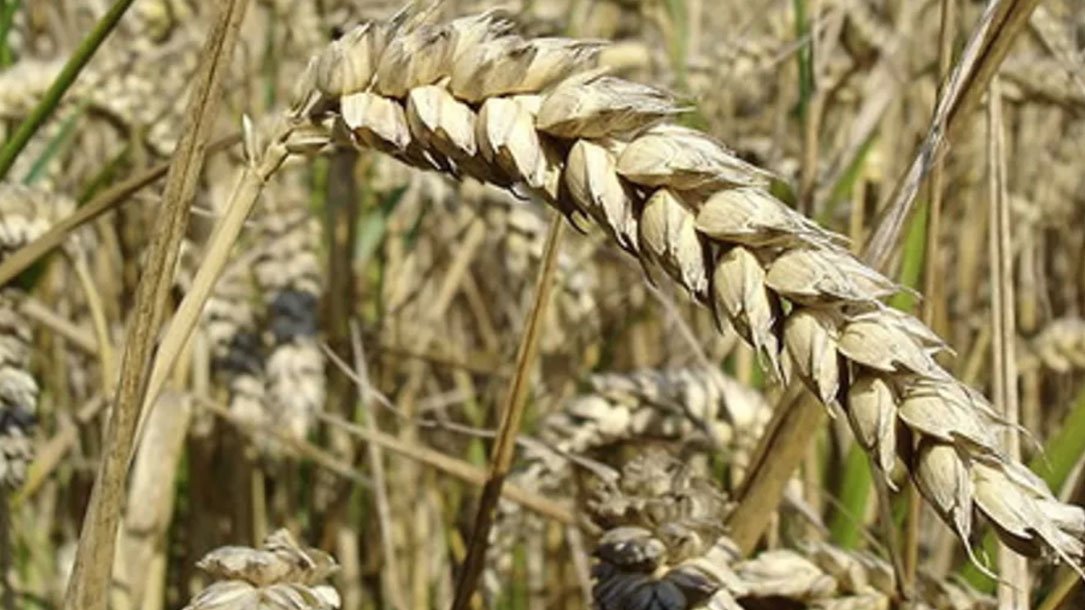
Crop pests and pathogens move polewards in a warming world
“Global food security is threatened by the emergence and spread of crop pests and pathogens. Spread is facilitated primarily by human transportation, but there is increasing concern that climate change allows establishment in hitherto unsuitable regions. However, interactions between climate change, crops and pests are complex, and the extent to which crop pests and pathogens have altered their latitudinal ranges in response to global warming is largely unknown…”



